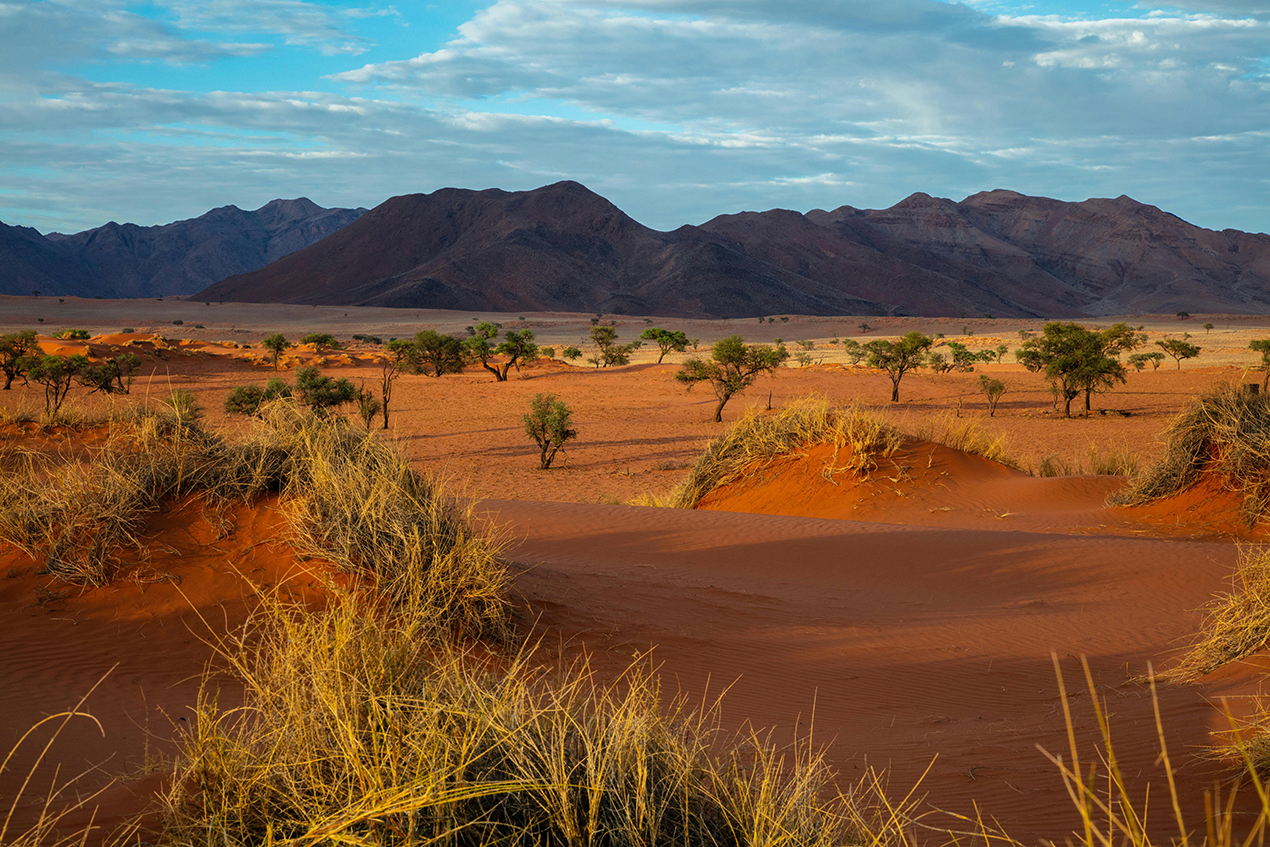News
Namibia Vigorously Develops Energy
Agriculture and mining have long been the two main economic pillars of Namibia. Mining is the main source of foreign exchange earnings, while employment opportunities mainly rely on agriculture. In view of the unstable prices of agricultural products and copper, today's focus: diamonds, gold, lead, uranium and zinc, the Namibian government is vigorously developing energy and striving to diversify the economy.The discovery of the Kudu offshore gas field will provide significant fuel for Namibia’s natural gas-fired power generation. Ireland's Tullow Oil is already developing the field to fuel an 800-megawatt power plant near Orangemond. The power plant will triple Namibia’s power generation capacity, ending the country’s electricity supply shortage and allowing it to be exported. South Africa's National Power Company has agreed to import electricity from Namibia. The imported electricity will not only supply South Africa itself, but will also be supplied to other countries covered by the Southern African power grid.
Namibia Electricity Company will also build a natural gas power plant with a generating capacity of 400 megawatts in Walvis Bay, and the tender for the construction of the plant has begun. Namibia will also build a 500-megawatt hydroelectric power plant in Bains, near the Angolan border. These several power projects will bring fundamental changes to Namibia's power industry and promote its economic development. Since member states of the Southern African Development Community will experience power shortages within two years, Namibia's power exports are not a problem.
Namibia's Ministry of Mines and Energy also plans to increase funding to promote the use of solar energy. Njimtina, Minister of Mines and Energy of Namibia, said that solar water heaters are cheaper than electricity and that all state institutions should install solar water heaters in the near future. He hopes that this measure can halve the electricity bills of state-owned institutions.
In addition, Namibia also plans to develop biofuels. The Namibian government found through research that Jatropha is the most economically valuable and technically feasible biofuel crop in Namibia. The nuts of the Jatropha tree can be extracted into oil, which can be processed into automobile fuel. Namibia plans to plant 63,000 hectares of jatropha by 2013. The widespread use of jatropha oil could also significantly reduce Namibia's oil import bill and create employment opportunities in Namibia.

RELATED NEWS
- Uranium Samples are Stolen, Panic Spread across India
- Gazprom Plans to Export 195.6 Billion Cubic Meters of Natural Gas This Year
- China-Russia Natural Gas Pipeline Cost will Increase by US$1 Billion to Protect
- Europe will Set up Fund to Help Developing Countries Cope with Climate Warming
- EU Plans to Narrow Differences in Diesel Consumption Taxes among Member States
